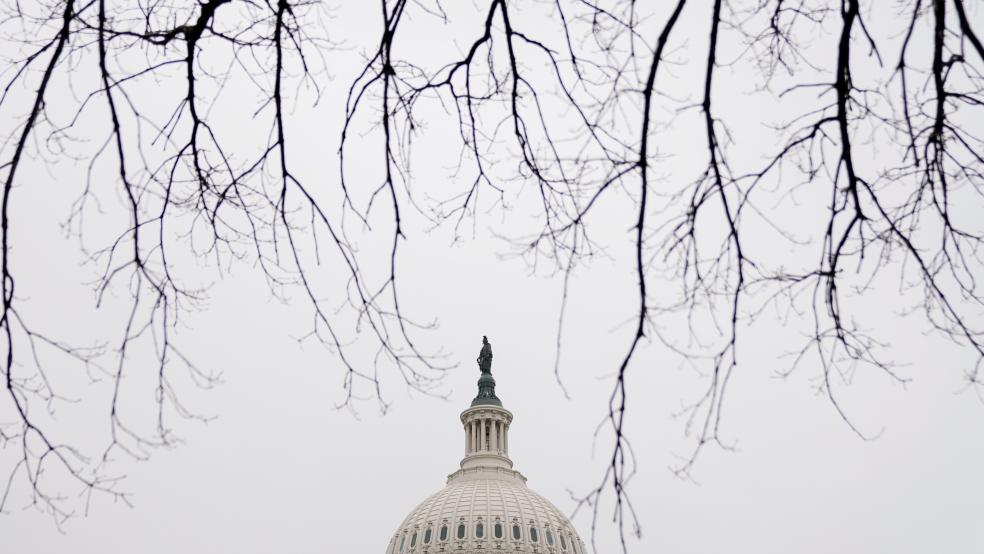The next phase of Democrats’ push to pass a $1.9 trillion Covid relief package is set to start on Monday, when the House Budget Committee is scheduled to mark up the legislation.
The text of the American Rescue Plan Act of 2021 was released on Friday. The 591-page bill binds together submissions from nine House committees into one massive reconciliation package.
“Without this relief package, conditions will spiral further out of control and families will suffer needlessly,” House Budget Committee Chairman John Yarmuth (D-KY) said in a statement Friday. “Multiple variant strains of the novel coronavirus are now infecting Americans across the United States, and our vaccine rollout and efforts to contain the virus are in desperate need of resources. We are in a race against time, and aggressive, bold action is needed before our nation is permanently scarred by the human and economic costs of inaction. We have the plan and the fiscal space, we have the American people behind us, and now we have the bill to get it done.”
What’s next: The package is likely to undergo some changes after it passes from the Budget Committee to the Rules Committee, its final stop before a floor vote. “Rules is where the substantive changes will occur, including the likely necessary step of bringing the combined package into compliance with its overall $1.89 trillion limit under the fiscal 2021 budget resolution,” Roll Call’s Paul M. Krawzak explained Thursday. “The nine committees have so far approved pieces the Congressional Budget office has tallied up to $1.95 trillion.”
Krawzak notes that the total price tag could be brought back in line with budget limits by eliminating some business tax breaks, which the House sought to do in two aid bills last year, or by scaling back the spending in the package, which could involve some tricky tradeoffs. For example…
The House plan includes five months of enhanced unemployment benefits, not six: The House package calls for extending enhanced unemployment benefits of $400 a week until August 29, a month earlier than President Biden had proposed.
That change, which reduces the overall cost of the legislation, has drawn some pushback, with Sen. Ron Wyden (D-OR) vowing las week to “fight like hell” to extend the benefit through September. The left-leaning Center on Budget and Policy Priorities said this week that the Democratic plan would help millions and bolster the economy but noted that the current unemployment benefits cutoff “is problematic” since the labor market isn’t likely to be fully recovered the fall, but Congress is scheduled to be on recess in August. “The August timing makes a benefit lapse, which would hurt families and disrupt states’ ability to administer jobless programs, likelier,” CBPP said in its report.
The nonpartisan Committee for a Responsible Federal Budget said this week that the Democratic package was “losing focus” on the pandemic and diverting funds to less urgent priorities unrelated to the Covid crisis. “The goal of COVID relief is to end the pandemic, protect incomes, and support the economic recovery. The House bill not only spends far more than is needed to achieve these goals, but also puts too many of these plentiful dollars in the wrong places,” CRFB President Maya MacGuineas said in a statement this week. “More than 15 percent of the package – about $300 billion – is spent on long-standing policy priorities that are not directly related to the current crisis.”
In particular, the group called out a bailout of union pensions included in the legislation, saying that rescue was included at the expense of additional enhanced unemployment benefits. "That multiemployer pension bailout in the bill cost about $56 billion, which would be enough to extend unemployment benefits to the end of September, and possibly a bit further," Marc Goldwein, head of policy at the CRFB, told Insider.





